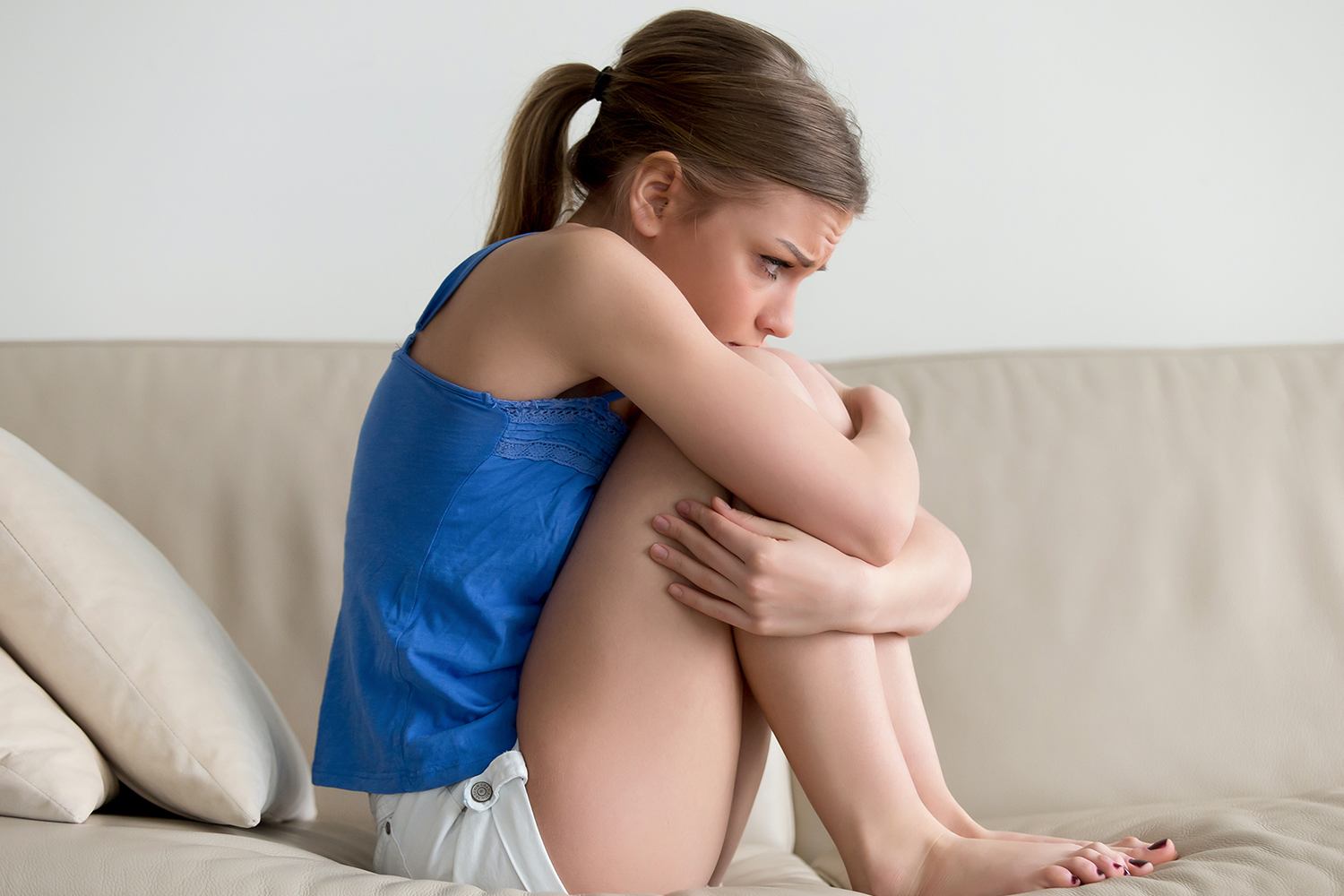Published in Blank Slate Media, February 25, 2022
In this monthly column, therapists from North Shore Child & Family Guidance Center answer your questions on issues related to parenting, mental health and children’s well-being. To submit a question, email communications@northshorechildguidance.org.
Question: I have two daughters, 9 and 13 years old. While my youngest tends to approach life with a laid-back attitude, my older one has always been prone to anxiety. Even before the pandemic, she was having panic attacks, but they’ve gotten much worse in the past two years. I had hoped that the return to school and other “normal” activities would help, but it’s gotten so bad that she is avoiding social situations and spending most of her time in her room. How can I help her get over her anxiety?
–Parent Puzzled by Panic
Dear Parent Puzzled by Panic: Anxiety is a normal part of life, for both kids and adults. It would be difficult to find a child who, at some point, didn’t worry about monsters in the closet, or feel apprehensive on the first day of school. Moreover, the last two years have heightened feelings of anxiety for everyone, with the losses, fears and other difficult emotions that have arisen from the pandemic.
In most cases, children’s anxieties are eased with reassurance, love and comfort from an adult in their lives. But for some young people, anxiety is a constant companion. It is part of their everyday lives, and it can seriously impair their functioning. It can lead to debilitating panic attacks, which are characterized by symptoms such as shortness of breath, shaking, dizziness, heart racing and intense fear.
According to the National Institute of Mental Health, nearly a third of adolescents have an anxiety disorder, with about 8% suffering from severe impairment that leads to poor performance in school or missing school altogether; avoiding social situations; isolating; and/or using alcohol or drugs to mask the pain. They often feel alone and ashamed, and their anxiety can contribute to other conditions such as depression and eating disorders.
Studies show that during the COVID-19 pandemic, depression and anxiety in kids and teens doubled compared to pre-pandemic levels. One in 4 youth have significantly higher depression symptoms, while 1 in 5 are experiencing clinically elevated anxiety symptoms.
Although the cause of anxiety and panic attacks is varied, it can include a trauma, a divorce or death in the family or a physical illness. Plus, some people may be biologically predisposed to anxiety and panic attacks.
Here are some suggestions on how to help:
- Encourage your daughter to speak openly about her feelings. She needs to know that she isn’t at fault when she experiences symptoms of anxiety or panic.
- Assure her that, although she may feel she is crazy or is going to die, she is not in any danger.
- If she associates a certain place (such as school) with a panic attack, she may start avoiding that situation. Gentle, gradual exposure is essential, since continued avoidance only strengthens the pattern.
- News and social media can impact children much more than adults, causing them to feel unsafe in their environment, so it’s wise to monitor what your children are watching on TV and on social media.
- Make sure she eats healthy meals, gets enough sleep and exercises. Being physically healthy can lessen the effects of anxiety and panic.
Some other important steps to take include getting an evaluation from a medical professional to rule out any physical ailments that may contribute to anxiety.
The good news is that panic and anxiety disorders are very responsive to treatment, so contact a mental health agency or professional. Tell your daughter that seeing a therapist is a perfectly normal thing to do, and that many kids who experience anxiety are helped through therapy.
During the pandemic, North Shore Child & Family Guidance Center is seeing clients both remotely via telehealth platforms and in person, depending on the clients’ needs. To make an appointment, call 516-626-1971 or email intake@northshorechildguidance.org.
















